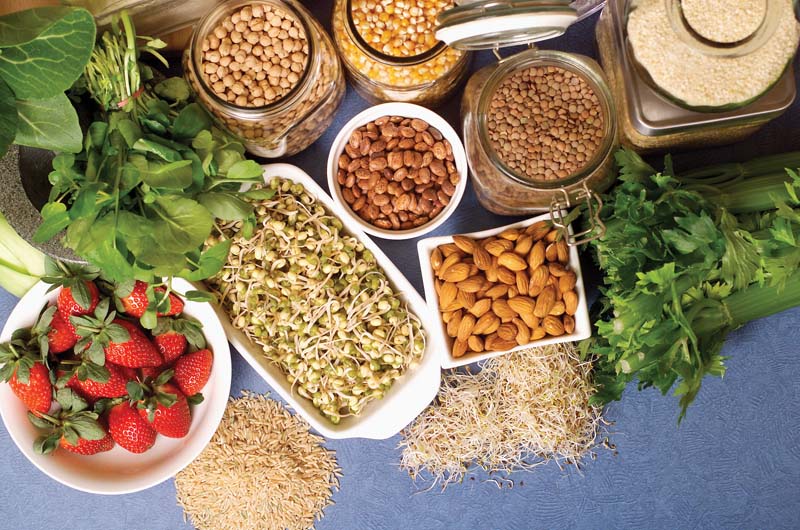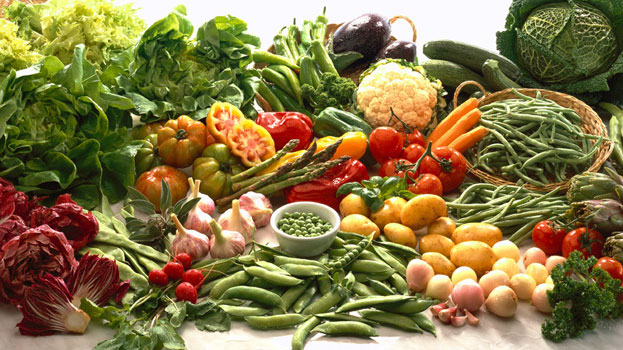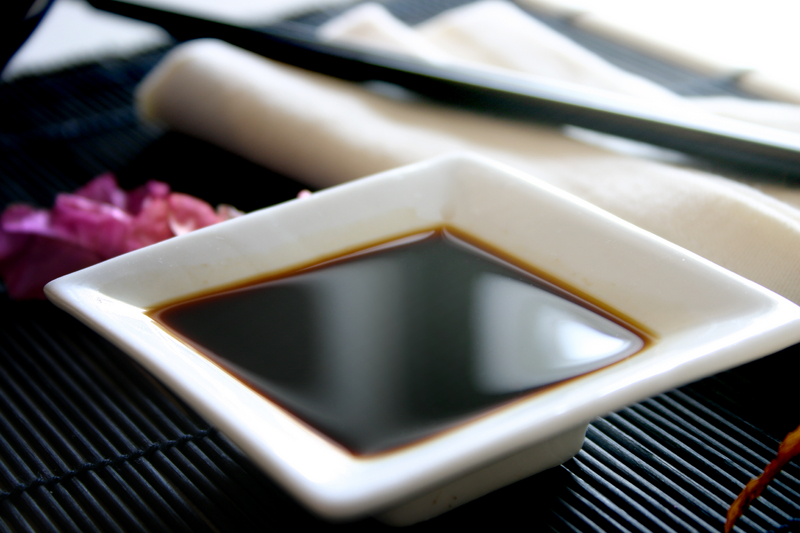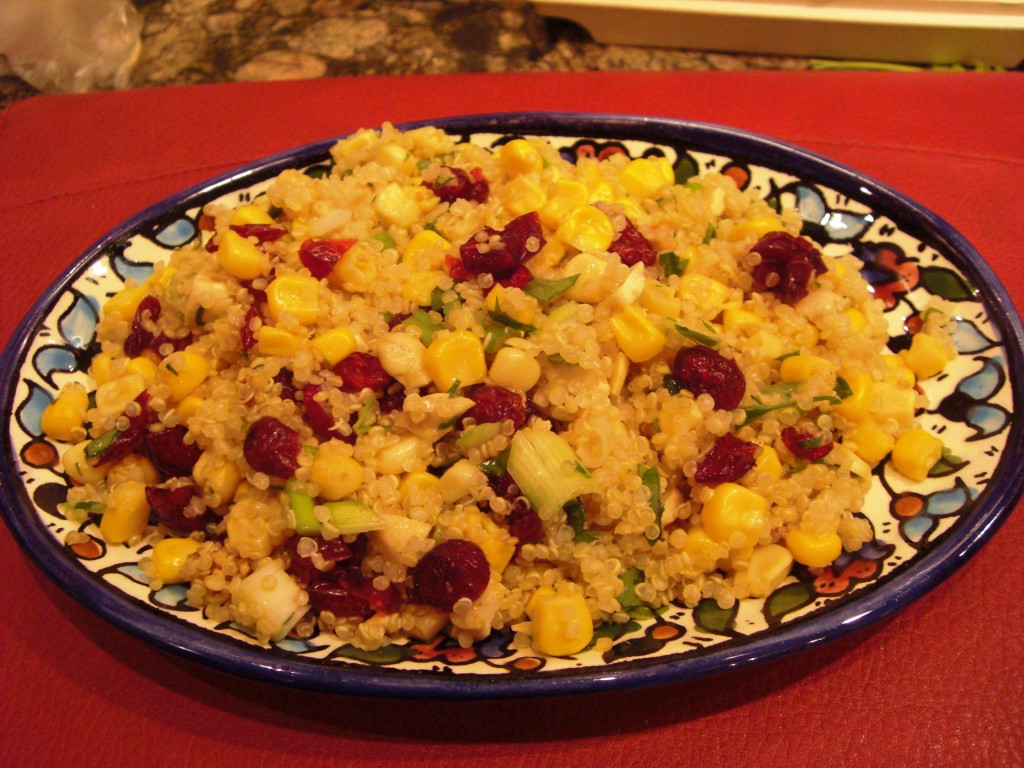
You may have encountered the word ‘gluten-free’ as you’re buying groceries in the supermarket or even when you’re browsing the internet for dinner recipes. Gluten-free diets have not been as popular as other diets such as the Atkins, the Dukan or the Macrobiotic diet, but this diet is practiced for reasons you may have not expected. Initially constructed as a diet plan for people who suffer from Celiac Disease, the diet is now practiced by celebrities like Zooey Deschanel, Miley Cyrus, Kim Kardashian and Jessica Alba. Some reported it for weight-loss, and some practice this diet to due to allergies. But if you’re hoping to jump on this new dietary lifestyle, here’s a few facts you should know about the Gluten-free diet.
What is Gluten?
Gluten is a form of protein that is present in cereal grains that’s responsible for the elastic texture of dough. It is most commonly found in wheat, barley, rye and other cereal grains such as durum, spelt, graham and semolina.

What types of food contain Gluten?
Gluten can be found in most grains like wheat, which also means that bread, pastas and cakes do contain gluten. Soy sauce, malt, flavorings and starch also contain gluten. Other food products include soups, broths, ketchup or salad dressing, and even coffee and liquor.

What do I substitute for Gluten-free meals?
Rice is still considered gluten-free, therefore you can still have an accessible source of carbohydrate in your diet. However, dieticians recommend consuming more natural food like fresh fruits, vegetables potatoes and unseasoned meats. Most dairy products, legumes, oils and sugars are also gluten-free. And as for grains, corn, quinoa, sorghum and buckwheat do not contain gluten, so be sure to incorporate these ingredients into your diet.
If you’re keen on bread, head to an organic food-product store and buy gluten-free flour to make your own bread, cakes and muffins to keep you satisfied.

Is Gluten bad for you?
Gluten is not entirely bad for your body, but it has been linked to causing excessive bloat in your intestines. However, there is also an increased percentage of people becoming sensitive or allergic to gluten, and some are diagnosed with a disease called Celiac Disease, where the consumption of gluten can cause the intestines to swell. Symptoms of Celiac disease include bloating, severe cramps, throwing-up and even mental fogginess.
2 out of 10 people usually have some form of sensitivity toward gluten, so if you generally feel a little bloated and gassy after a bowl of pasta, you may suffer from some mild gluten sensitivity. However, if you end up with very bad cramps and vomiting, you should get yourself checked for Celiac Disease.

Can I lose weight on a Gluten-free diet?
Miley Cyrus has reported that her skinnier figure was due to the gluten-free diet and even recommended that everyone trying it once in their lives. However, there is no hard evidence that a gluten-free diet can contribute to weight-loss as other diet plans. People who do feel trimmer or healthier from a gluten-free diet could be due to the fact that they’ve skipped processed foods and focus on fruits, vegetables and lean protein, and gluten-free grains.
If you do not suffer from Celiac Disease or any of the symptoms listen, it isn’t necessary to embark on a Gluten-free diet, but we highly recommend contacting a dietician before you start as you can potentially lack important nutrients such as iron, B vitamins, and fiber.









